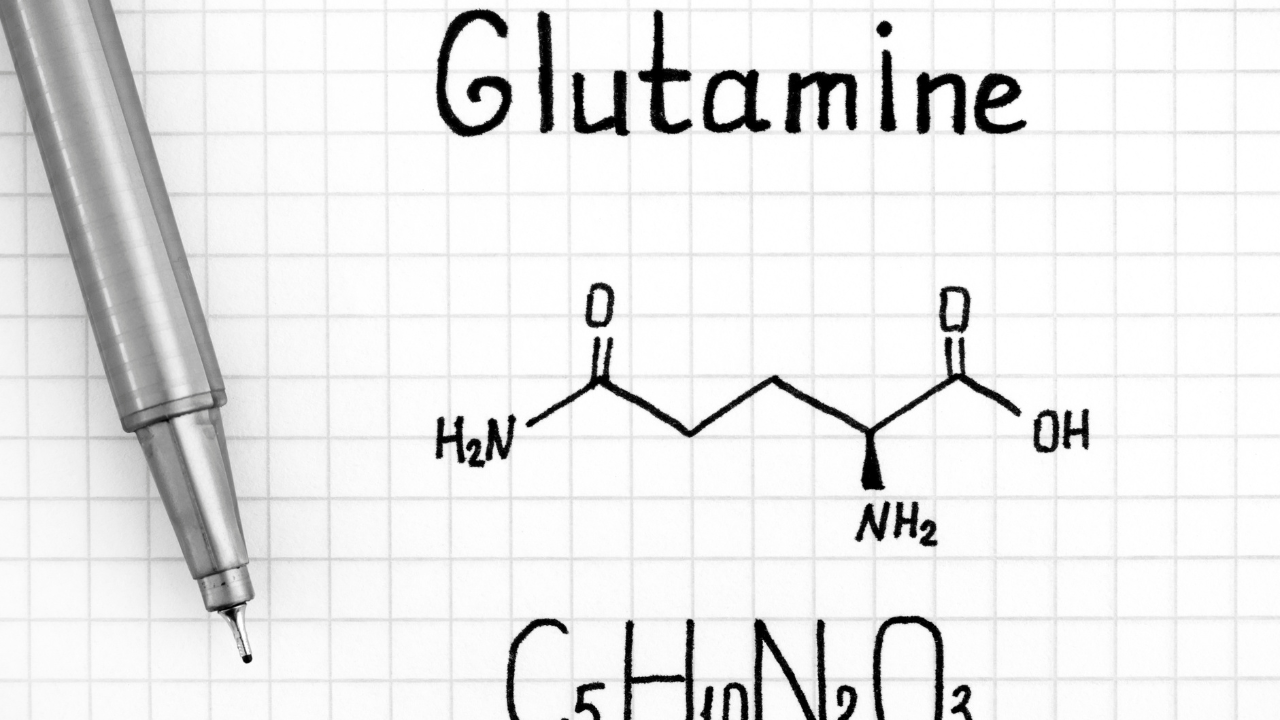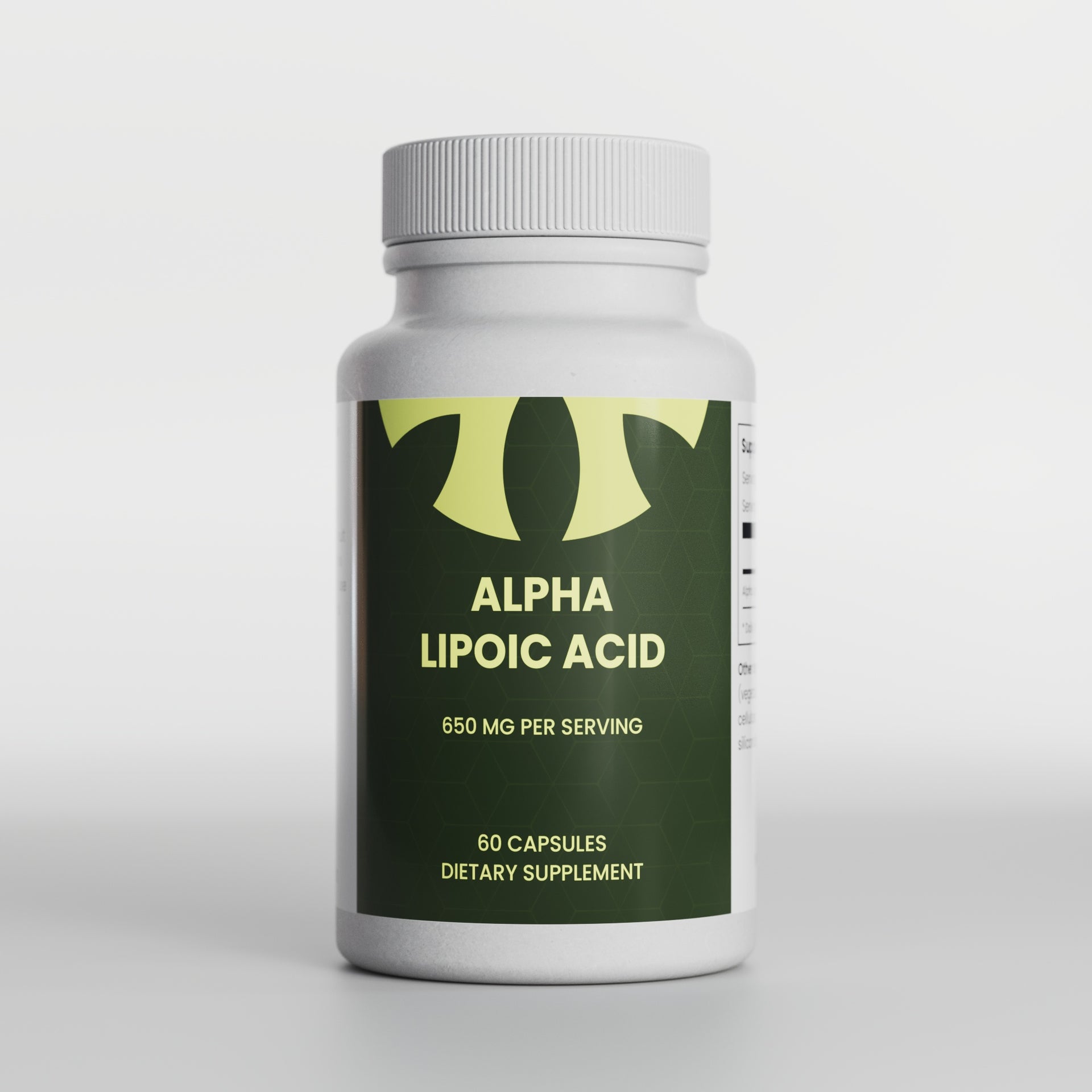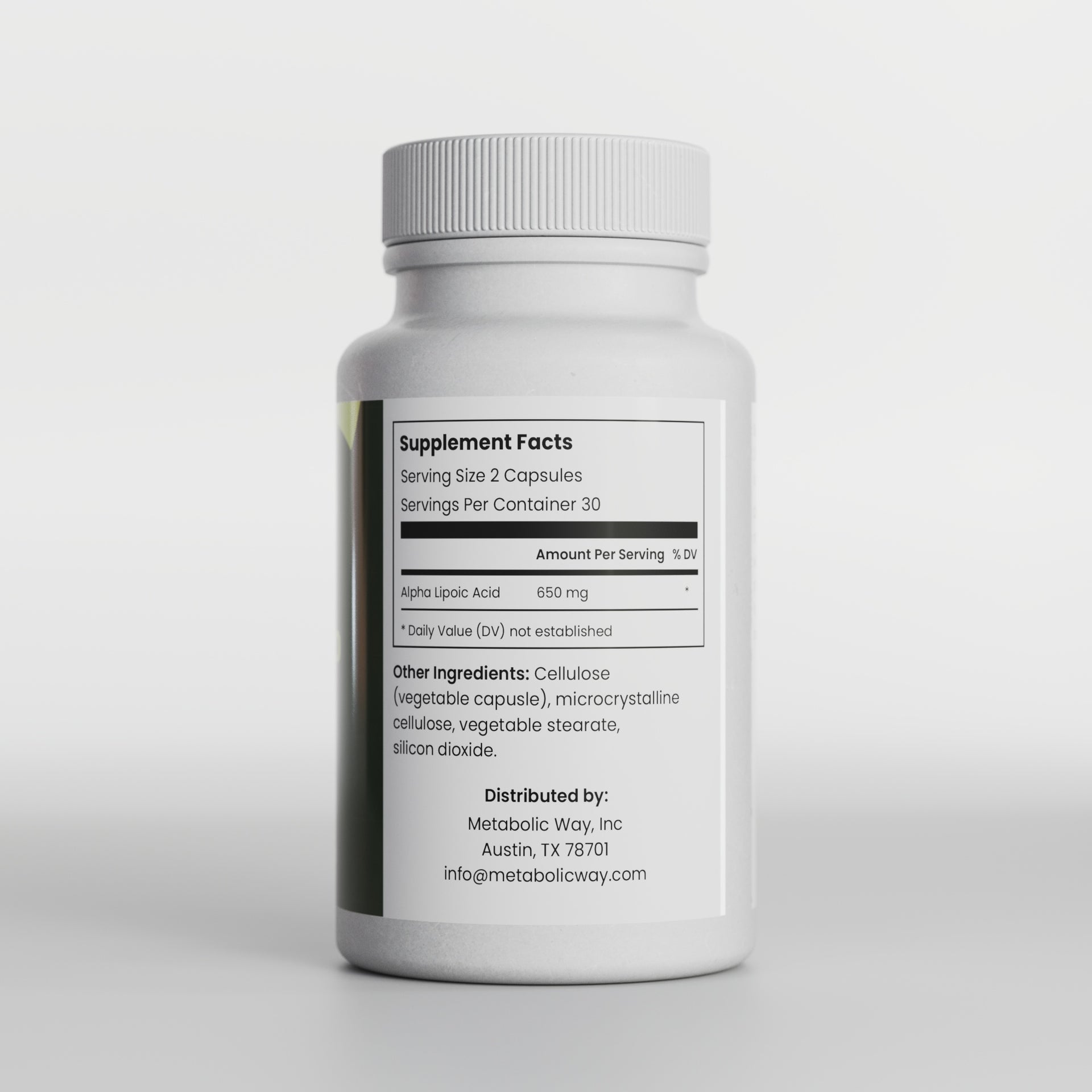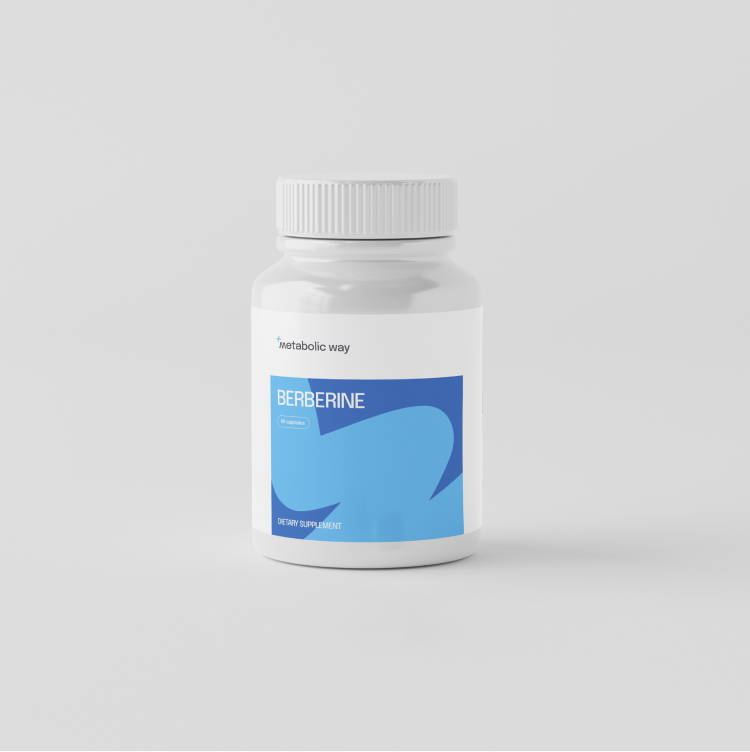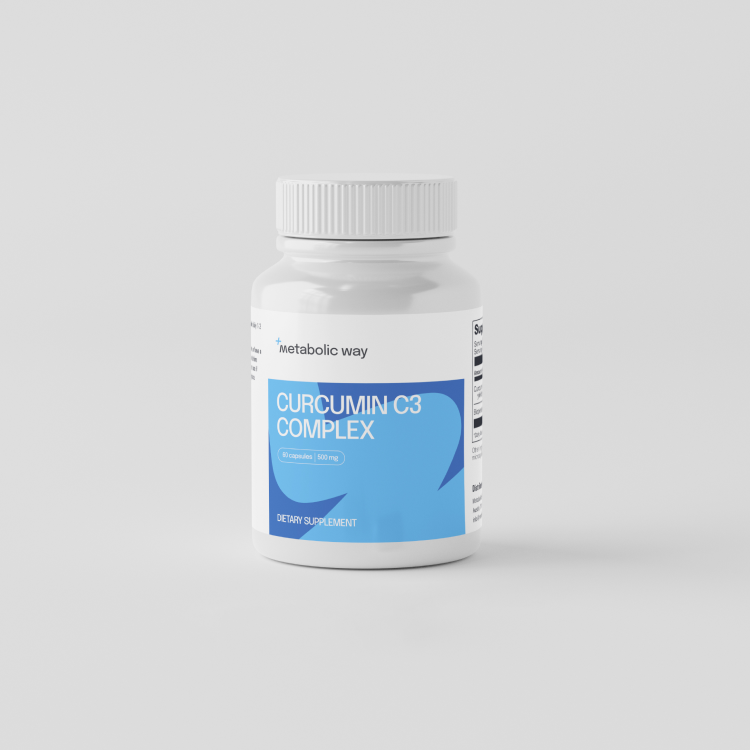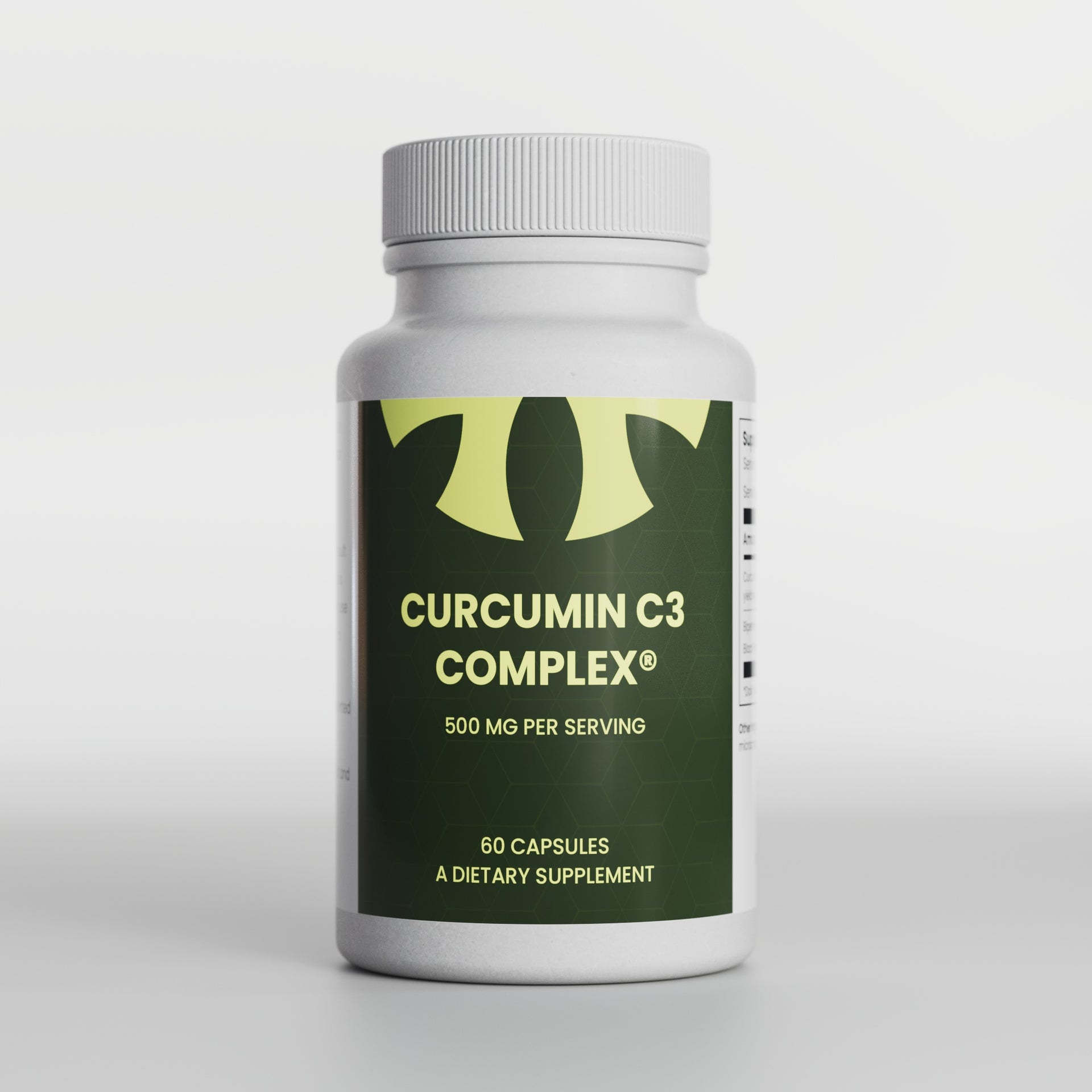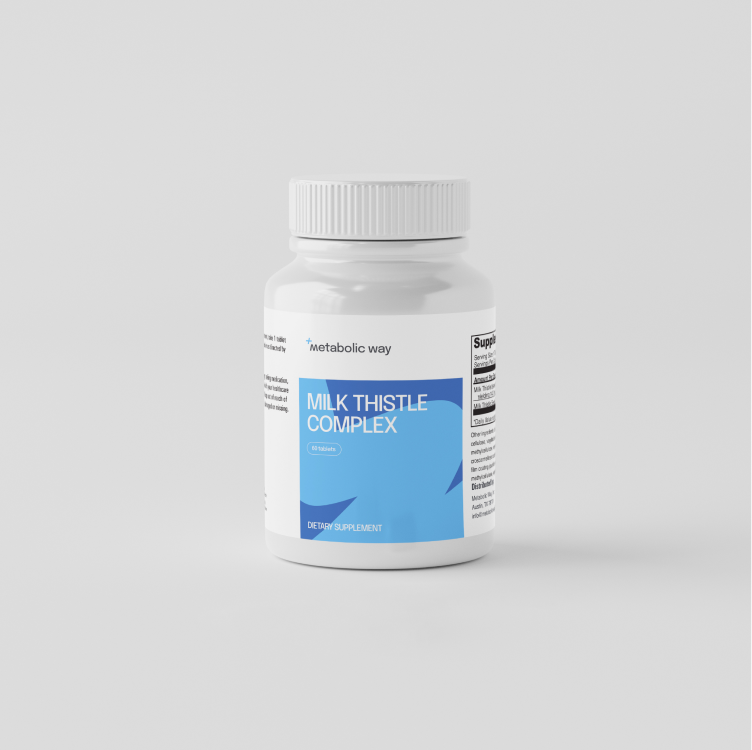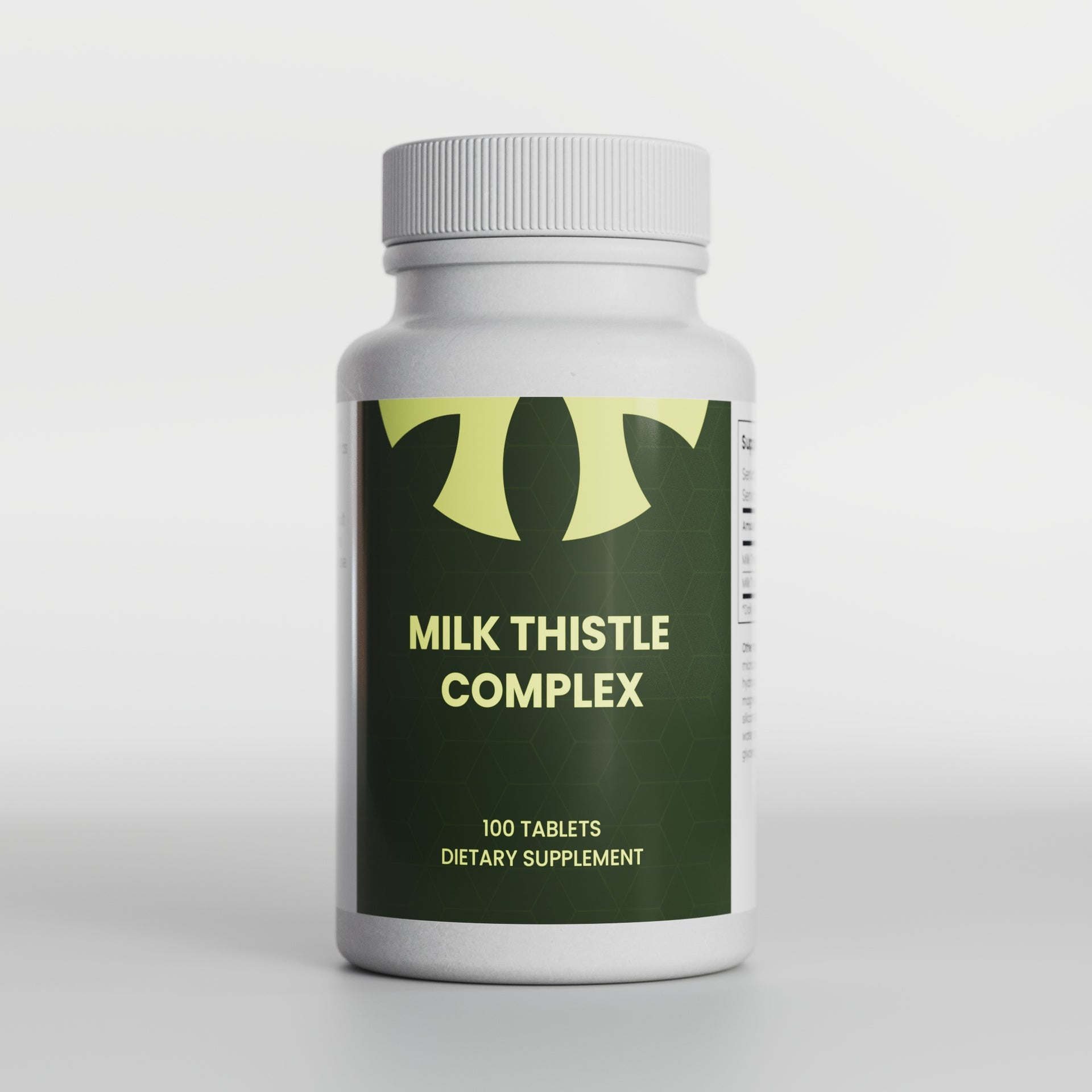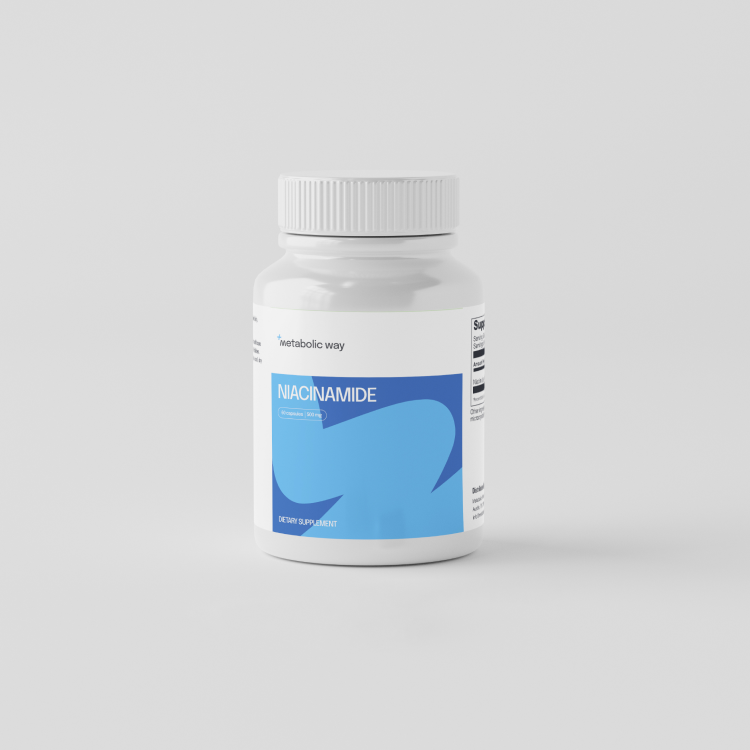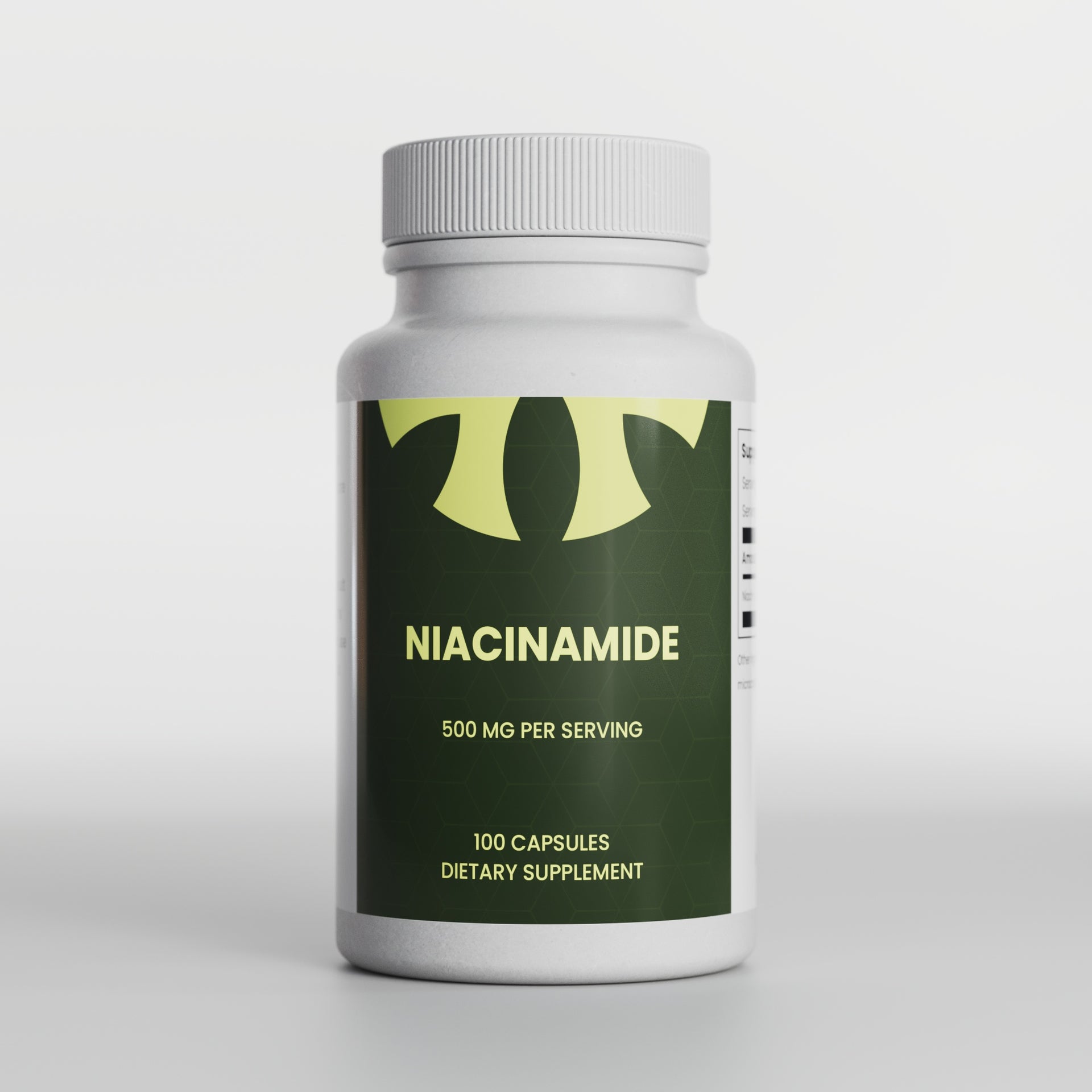Research Highlights:
Main Point 1: Glutamine, often considered a "non-essential" amino acid, plays a vital role in various bodily functions, including energy production, immune support, and muscle maintenance.
Main Point 2: Glutamine is essential for intestinal health, supports the immune system, and aids in muscle growth and recovery.
Main Point 3: Glutamine has a significant role in maintaining proper blood glucose levels, preventing hypoglycemia, and acting as an essential nutrient for cardiovascular health.
Main Point 4: Emerging research suggests that glutamine may have potential benefits in cancer management, including slowing tumor growth and enhancing immune function.
Scientifically Reviewed by: Dr. Gary Gonzalez, MD, in August 2023.
Introduction
In the intricate tapestry of human physiology, few molecules play as diverse and pivotal a role as L-Glutamine. Often labeled as a "non-essential" amino acid, glutamine is anything but dispensable. It serves as a linchpin in various bodily functions, impacting not only our immune, gastrointestinal, and cardiovascular systems but also playing a role in combating hypoglycemia and preserving precious muscle mass. This article delves into the multifaceted world of glutamine, exploring its significance in the context of health and its potential implications in cancer management.
What You Need to Know
Point 1: Glutamine, often underestimated due to its "non-essential" categorization, is indispensable for numerous bodily functions. It is a vital energy source for rapidly dividing cells, including immune cells and intestinal lining cells.
Point 2: The intestinal lining, immune system, and muscles heavily rely on glutamine. It supports intestinal health, helps prevent "leaky gut syndrome," and aids in muscle growth and maintenance.
Point 3: Glutamine's roles extend to maintaining blood glucose levels, regulating pH, controlling osmotic pressure, and even influencing gene expression. It acts as a guardian against ammonia toxicity and supports cardiovascular health.
Point 4: Emerging research suggests that glutamine might have a role to play in cancer management. Contrary to initial expectations, glutamine supplementation in cancer patients has shown promise in slowing tumor growth and bolstering immune function, particularly in breast cancer cases.
Section 1: Glutamine's Crucial Role in Health
L-Glutamine, once dismissed as non-essential, is, in fact, indispensable. Rapidly dividing cells, such as immune cells and those lining our intestines, depend on glutamine for energy. Without adequate glutamine, these cells falter, leading to compromised immune function and intestinal
atrophy. Furthermore, glutamine is essential for muscle maintenance and glycogen replenishment post-exercise.
Subsection 1.1: Glutamine's Impact on Intestinal Health
Glutamine shines as the chief energy source for intestinal lining cells. It plays a pivotal role in maintaining the integrity of the intestinal lining, preventing the dreaded "leaky gut syndrome." For individuals using non-steroidal anti-inflammatory drugs (NSAIDs) like ibuprofen, glutamine supplementation can mitigate the damage caused by these medications.
Subsection 1.2: Glutamine and Muscle Health
For fitness enthusiasts and athletes, glutamine is a go-to supplement. It serves as "muscle food," aiding in glycogen replenishment and muscle repair after strenuous workouts. Additionally, glutamine's nitrogen-donating capabilities support muscle growth. It's also proven helpful in preventing muscle loss in individuals taking anti-inflammatory steroids.
Section 2: Glutamine's Role in Metabolism and Detoxification
Beyond its well-known functions, glutamine has a hand in regulating blood glucose levels and pH balance. It acts as a nitrogen and carbon donor, aiding in biosynthesis and protecting against ammonia toxicity. Moreover, glutamine's influence extends to gene expression and DNA/RNA biosynthesis.
Section 3: Emerging Potential in Cancer Management
Contrary to expectations, glutamine may have untapped potential in cancer management. Research suggests that glutamine supplementation, rather than promoting tumor growth, can slow it down. In animal studies, glutamine reduced tumor growth and boosted immune activity. This amino acid may also enhance the effectiveness of chemotherapy, such as methotrexate, without increasing toxicity.
Summary
L-Glutamine, often underestimated and labeled "non-essential," is a powerhouse amino acid with multifaceted roles in our health. It is indispensable for intestinal health, immune support, muscle maintenance, and more. Moreover, emerging research hints at its potential in cancer management, challenging previous assumptions. As we continue to unravel the secrets of
glutamine's intricate functions, it may become a valuable tool in the fight against cancer and a cornerstone in maintaining overall well-being.
References:
- Heesakkers RA, Futterer JJ, Hovels AM, et al. Prostate cancer evaluated with ferumoxtran-10-enhanced T2*-weighted MR Imaging at 1.5 and 3.0 T: early experience. Radiology. 2006 May;239(2):481-7.
- Newsholme, P., Lima, M. M., Procopio, J., Pithon-Curi, T. C., & Doi, S. Q. (2003). Glutamine and glutamate as vital metabolites. Brazilian Journal of Medical and Biological Research, 36(2), 153-163.
- Wu, G. (2009). Amino acids: metabolism, functions, and nutrition. Amino acids, 37(1), 1-17.
- Curi, R., Lagranha, C. J., Doi, S. Q., Sellitti, D. F., Procopio, J., Pithon-Curi, T. C., & Corless, M. (2005). Molecular mechanisms of glutamine action. The Journal of Cell Physiology, 204(2), 392-401.
- Zheng, L., Oh, S. H., Jung, H. J., Lee, H. S., Choi, J. W., & Lee, K. T. (2008). Glutamine prevents transforming growth factor-β1-induced endothelial-to-mesenchymal transition via the PI3K/Akt/mTOR pathway. Free Radical Biology and Medicine, 45(5), 651-658.
- Ziegler, T. R., Young, L. S., & Benfell, K. (1992). Clinical and metabolic efficacy of glutamine-supplemented parenteral nutrition after bone marrow transplantation: a randomized, double-blind, controlled study. Annals of Internal Medicine, 116(10), 821-828.
